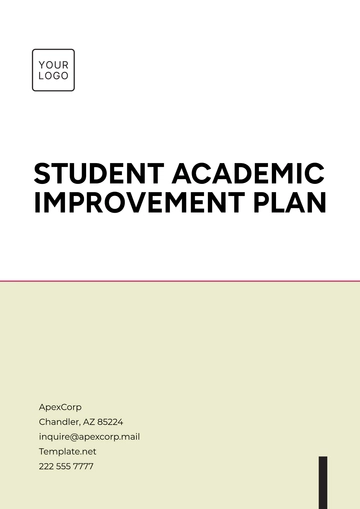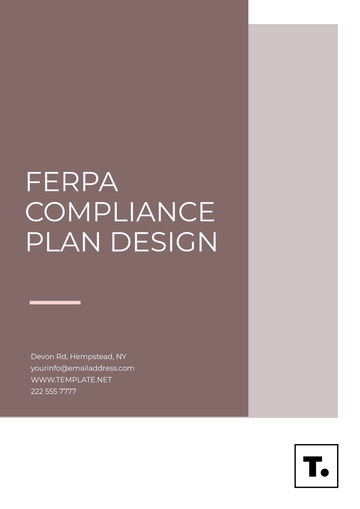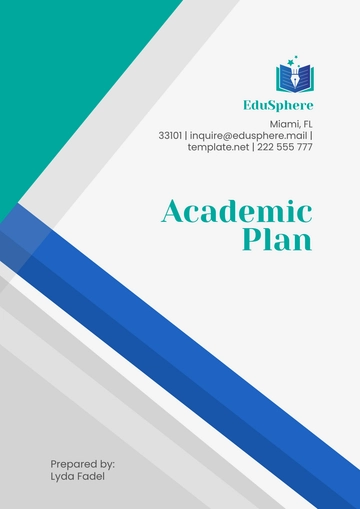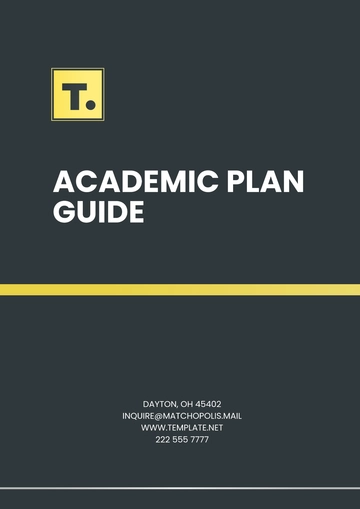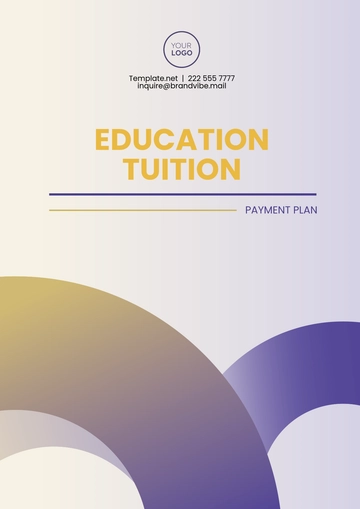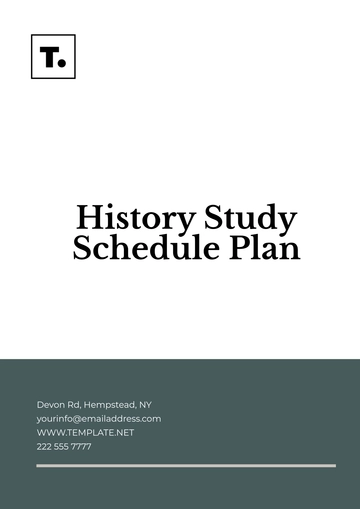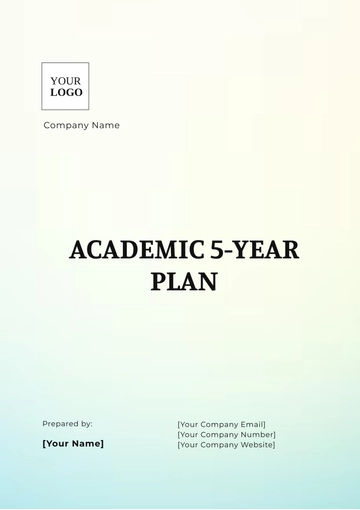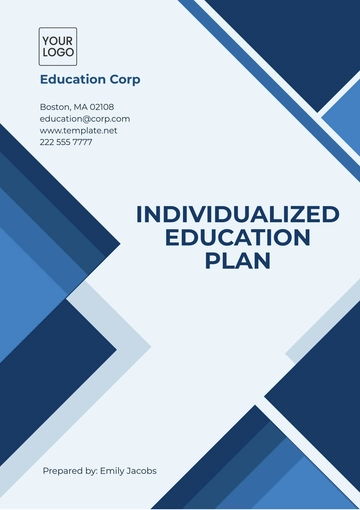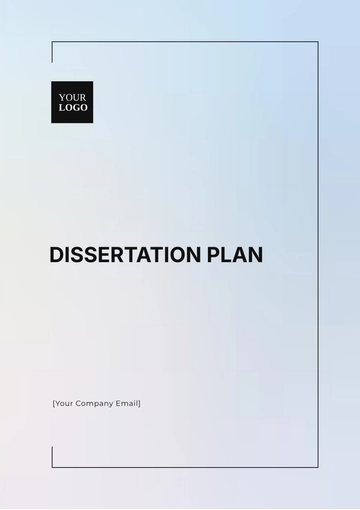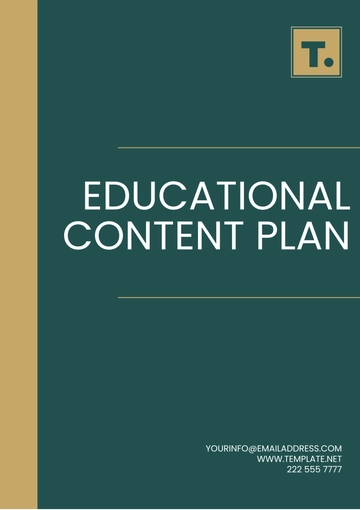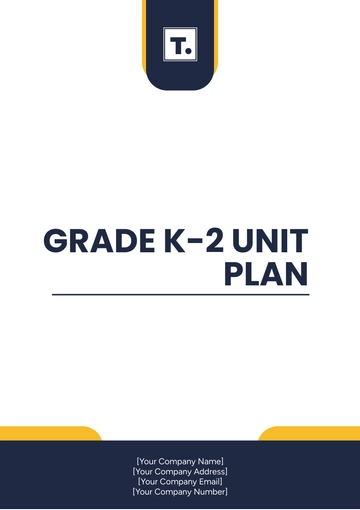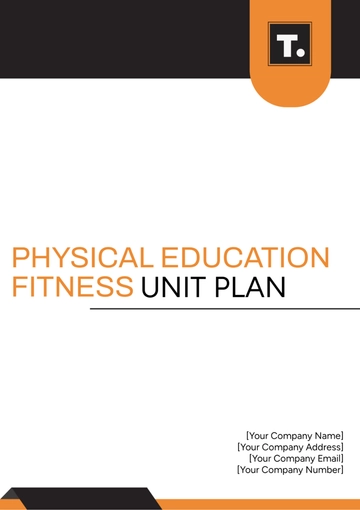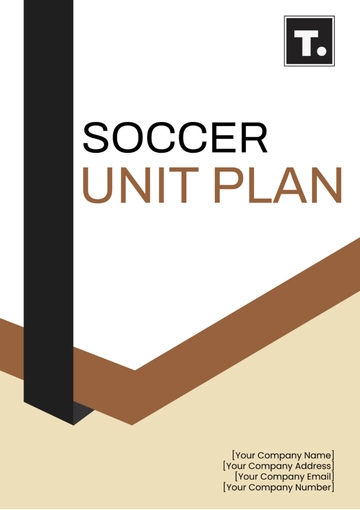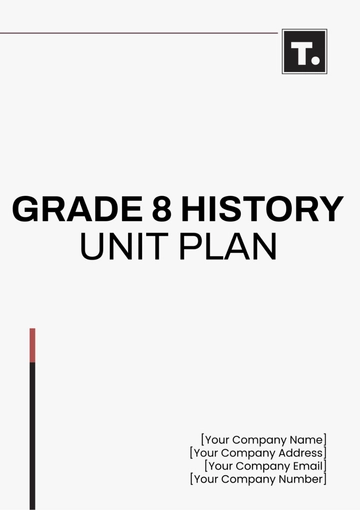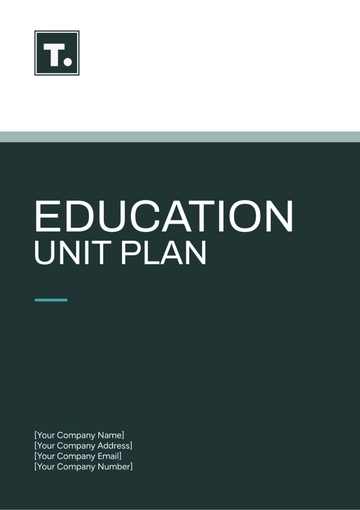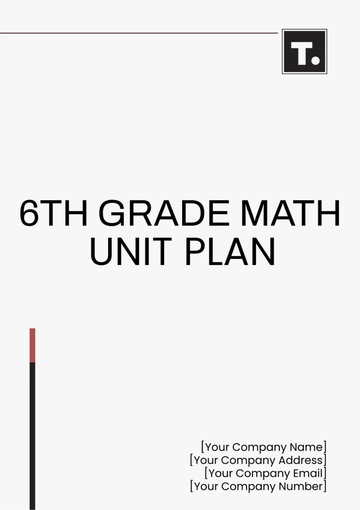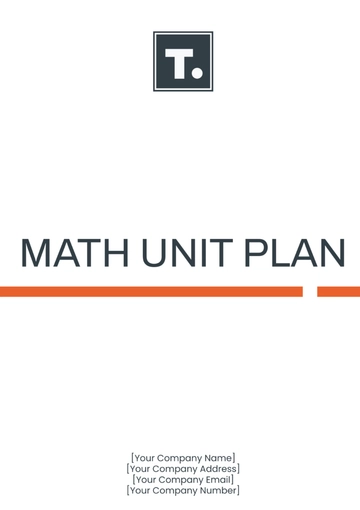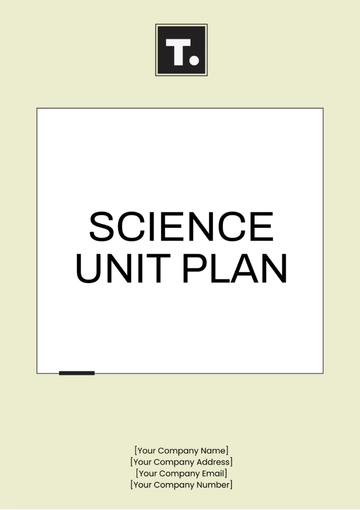Free History Study Schedule Plan
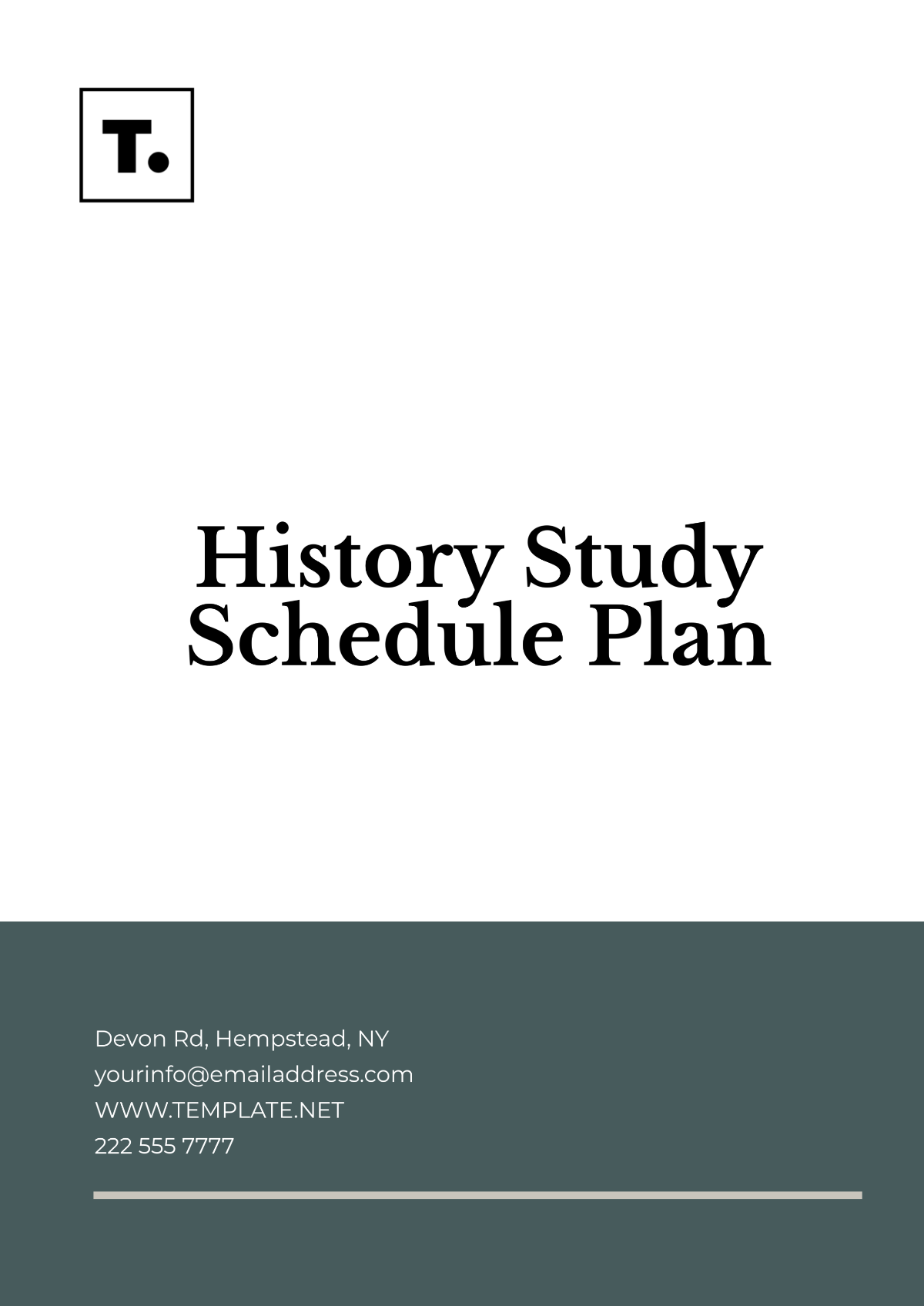
This History Study Schedule Plan is designed to provide a strategic, objective-based, and comprehensive approach to mastering historical content. This plan provides a detailed breakdown of daily, weekly, and monthly tasks to ensure a thorough understanding of historical events and their significance.
Weekly Objectives
Each week will focus on a specific historical era or theme. The objectives will include understanding key events, figures, and implications on modern society.
Week | Focus Area | Key Objectives |
|---|---|---|
Week 1 | Ancient Civilizations | Understand the development and impact of early civilizations such as Mesopotamia, Egypt, and the Indus Valley. |
Week 2 | Classical Antiquity | Analyze the contributions of Greece and Rome to modern governance, philosophy, and culture. |
Week 3 | Middle Ages | Explore the social, economic, and political changes during the medieval period. |
Week 4 | Renaissance | Examine the rebirth of art, science, and thought in Europe. |
Week 5 | Revolutions | Identify the causes and effects of the American, French, and Industrial Revolutions. |
Week 6 | Modern history | Investigate the major events of the 20th century, including the World Wars and the Cold War. |
Daily Study Schedule
Monday: Review of weekly focus area introduction through readings and video lectures.
Tuesday: Focus on key figures and events. Write a summary of their significance.
Wednesday: Engage in discussions or study groups to debate key concepts.
Thursday: Dive into primary sources and analyze them critically.
Friday: Evaluate secondary sources and historiographical debates surrounding the topic.
Saturday: Create mind maps or timelines to visualize connections and events.
Sunday: Consolidate learning with a reflective essay or presentation.
Monthly Evaluation
At the end of each month, a comprehensive evaluation will be conducted to assess understanding and retention of historical content. This will include:
Self-Assessment
Review weekly summaries and essays.
Identify areas of strength and those needing improvement.
Feedback and Reflection
Participate in peer feedback sessions.
Reflect on learning progress and adjust study habits as necessary.
Additional Resources
To enhance the study experience, the following resources are recommended:
Online Archives: Access digitized primary source documents.
Podcasts: Listen to historical discussions and analyses.
Documentaries: Watch visual representations of historical events.
- 100% Customizable, free editor
- Access 1 Million+ Templates, photo’s & graphics
- Download or share as a template
- Click and replace photos, graphics, text, backgrounds
- Resize, crop, AI write & more
- Access advanced editor
The History Study Schedule Plan Template, offered by Template.net, is a customizable and downloadable tool designed to help students efficiently organize their study sessions. This template is fully editable in our AI Editor Tool, allowing you to tailor it to your specific needs. Printable and easy to use, it ensures you stay on track with your history studies, maximizing productivity and success.
You may also like
- Finance Plan
- Construction Plan
- Sales Plan
- Development Plan
- Career Plan
- Budget Plan
- HR Plan
- Education Plan
- Transition Plan
- Work Plan
- Training Plan
- Communication Plan
- Operation Plan
- Health And Safety Plan
- Strategy Plan
- Professional Development Plan
- Advertising Plan
- Risk Management Plan
- Restaurant Plan
- School Plan
- Nursing Home Patient Care Plan
- Nursing Care Plan
- Plan Event
- Startup Plan
- Social Media Plan
- Staffing Plan
- Annual Plan
- Content Plan
- Payment Plan
- Implementation Plan
- Hotel Plan
- Workout Plan
- Accounting Plan
- Campaign Plan
- Essay Plan
- 30 60 90 Day Plan
- Research Plan
- Recruitment Plan
- 90 Day Plan
- Quarterly Plan
- Emergency Plan
- 5 Year Plan
- Gym Plan
- Personal Plan
- IT and Software Plan
- Treatment Plan
- Real Estate Plan
- Law Firm Plan
- Healthcare Plan
- Improvement Plan
- Media Plan
- 5 Year Business Plan
- Learning Plan
- Marketing Campaign Plan
- Travel Agency Plan
- Cleaning Services Plan
- Interior Design Plan
- Performance Plan
- PR Plan
- Birth Plan
- Life Plan
- SEO Plan
- Disaster Recovery Plan
- Continuity Plan
- Launch Plan
- Legal Plan
- Behavior Plan
- Performance Improvement Plan
- Salon Plan
- Security Plan
- Security Management Plan
- Employee Development Plan
- Quality Plan
- Service Improvement Plan
- Growth Plan
- Incident Response Plan
- Basketball Plan
- Emergency Action Plan
- Product Launch Plan
- Spa Plan
- Employee Training Plan
- Data Analysis Plan
- Employee Action Plan
- Territory Plan
- Audit Plan
- Classroom Plan
- Activity Plan
- Parenting Plan
- Care Plan
- Project Execution Plan
- Exercise Plan
- Internship Plan
- Software Development Plan
- Continuous Improvement Plan
- Leave Plan
- 90 Day Sales Plan
- Advertising Agency Plan
- Employee Transition Plan
- Smart Action Plan
- Workplace Safety Plan
- Behavior Change Plan
- Contingency Plan
- Continuity of Operations Plan
- Health Plan
- Quality Control Plan
- Self Plan
- Sports Development Plan
- Change Management Plan
- Ecommerce Plan
- Personal Financial Plan
- Process Improvement Plan
- 30-60-90 Day Sales Plan
- Crisis Management Plan
- Engagement Plan
- Execution Plan
- Pandemic Plan
- Quality Assurance Plan
- Service Continuity Plan
- Agile Project Plan
- Fundraising Plan
- Job Transition Plan
- Asset Maintenance Plan
- Maintenance Plan
- Software Test Plan
- Staff Training and Development Plan
- 3 Year Plan
- Brand Activation Plan
- Release Plan
- Resource Plan
- Risk Mitigation Plan
- Teacher Plan
- 30 60 90 Day Plan for New Manager
- Food Safety Plan
- Food Truck Plan
- Hiring Plan
- Quality Management Plan
- Wellness Plan
- Behavior Intervention Plan
- Bonus Plan
- Investment Plan
- Maternity Leave Plan
- Pandemic Response Plan
- Succession Planning
- Coaching Plan
- Configuration Management Plan
- Remote Work Plan
- Self Care Plan
- Teaching Plan
- 100-Day Plan
- HACCP Plan
- Student Plan
- Sustainability Plan
- 30 60 90 Day Plan for Interview
- Access Plan
- Site Specific Safety Plan
